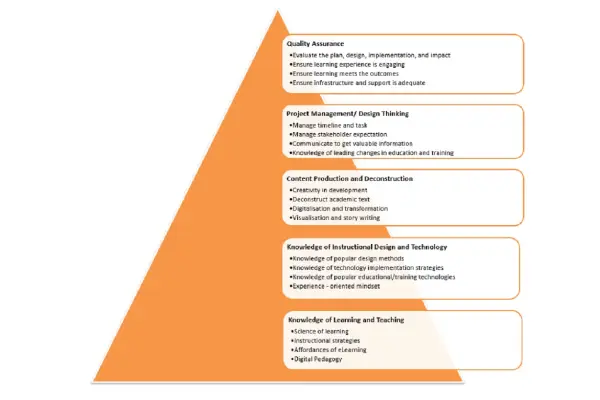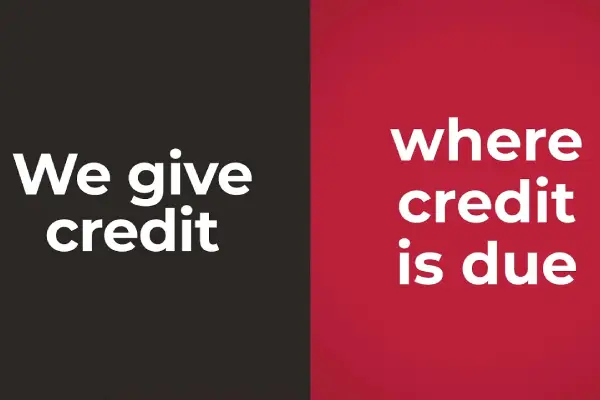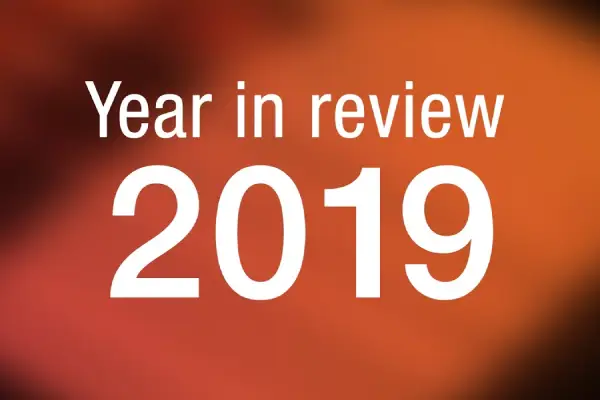It is interesting to note that the 4 most recent approvals of new independent higher education providers (iHEPs) were as a result of intervention by the Administrative Appeals Tribunal (AAT). This covers the 3 new HEPS listed on the National Register in 2018 as well as one so far this year. This compares to 5 approvals in 2017 of which only one was enforced by the AAT.
This effectively means that, according to TEQSA, not one application assessed during 2018 met the standards and all were subsequently rejected. I have personally spoken to two of the three successful applicants in 2018 and their impression was that TEQSA is trying to wear down applicants by using a multi-staged approach to thwart the approval of prospective HEPs: the threat of rejection and public humiliation on the TEQSA website unless the application is voluntarily withdrawn; followed by formal rejection of the application and subsequent public humiliation (we did warn you); and then finally drawn out and costly proceedings in the AAT, adding unnecessary costs to the financial burden of the applicant (who will have made a significant investment in the application project for a period of at least two years).
Without being a fly on the wall during TEQSA assessments of applications it is hard to know what exactly is driving this flood of negative decisions for new providers. It seems hard to believe that all applications being received by TEQSA in recent times are deemed to not meet the standards, or fall short as designated by the very subjective phrase “at risk of not meeting the standards”.
However, the recent trend reinforces the need to ensure that any application for initial registration as an iHEP must be “top shelf” and 100% owned by the institution (not its consultants). Demonstrating to TEQSA the capacity to deliver quality higher education is challenging and requires substantial work in building capability prior to submission.
So, what must applicants do to create a successful application? A blog I wrote some time back, So you want to be a quality Higher Education Provider? Do you know what it takes to succeed?, is still as relevant today as it was then and gives a good overview of what it takes to prepare a successful application.
For all those aspiring higher education providers out there, we wish you good luck – you’re going to need it in the current regulatory environment!










